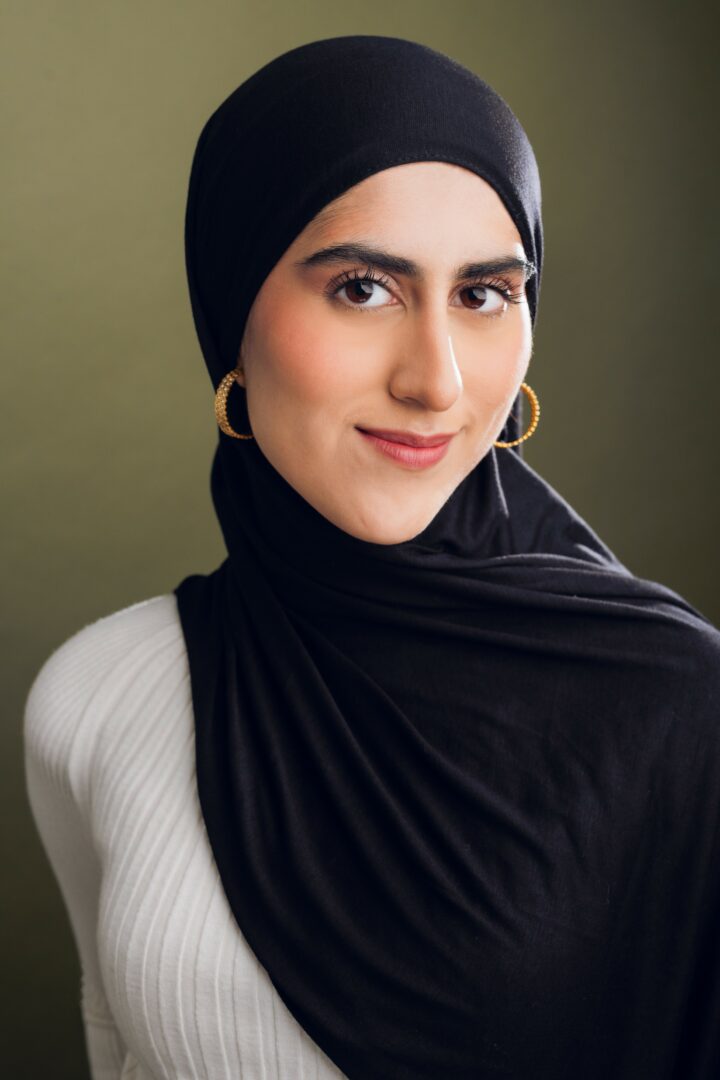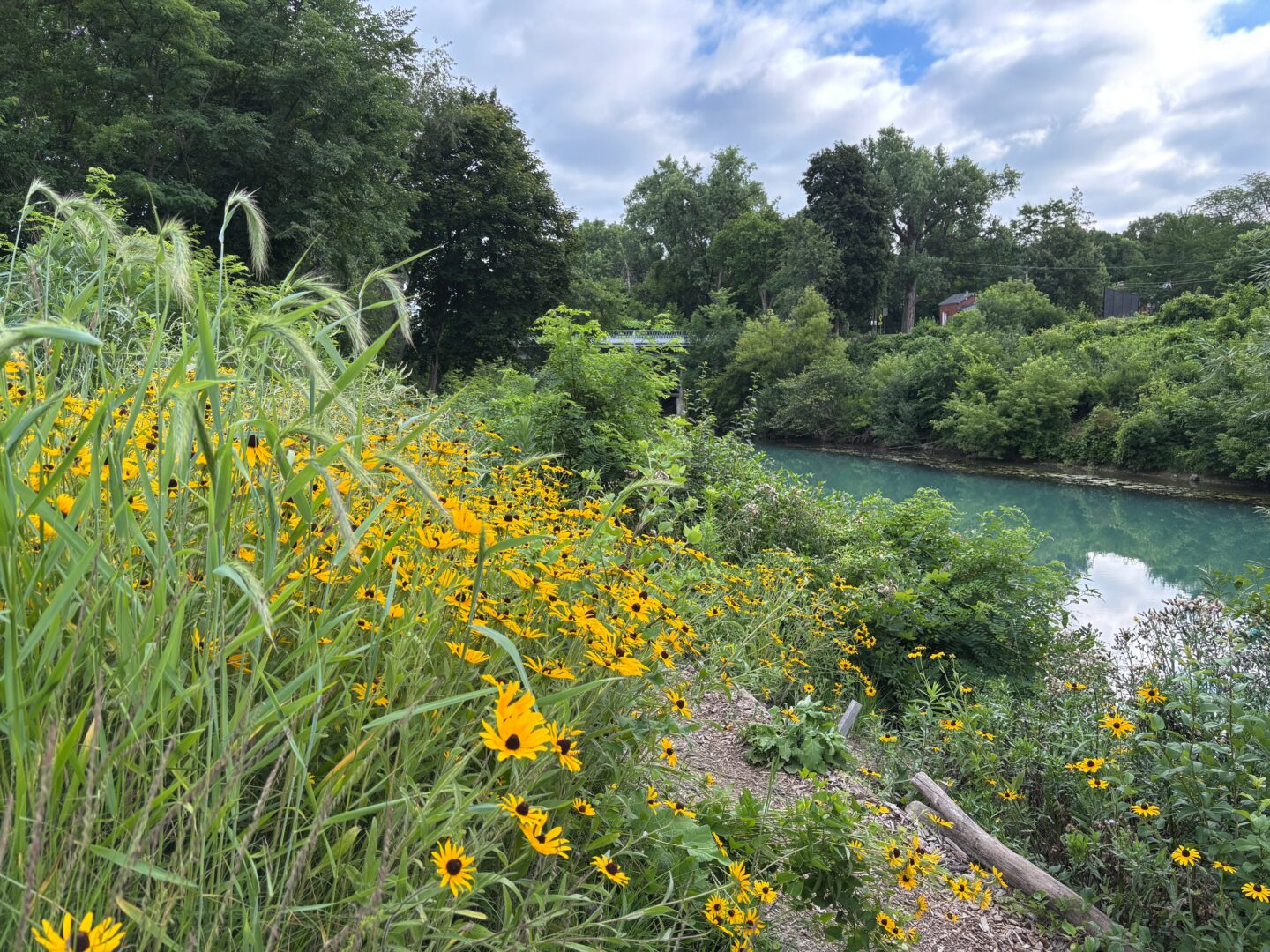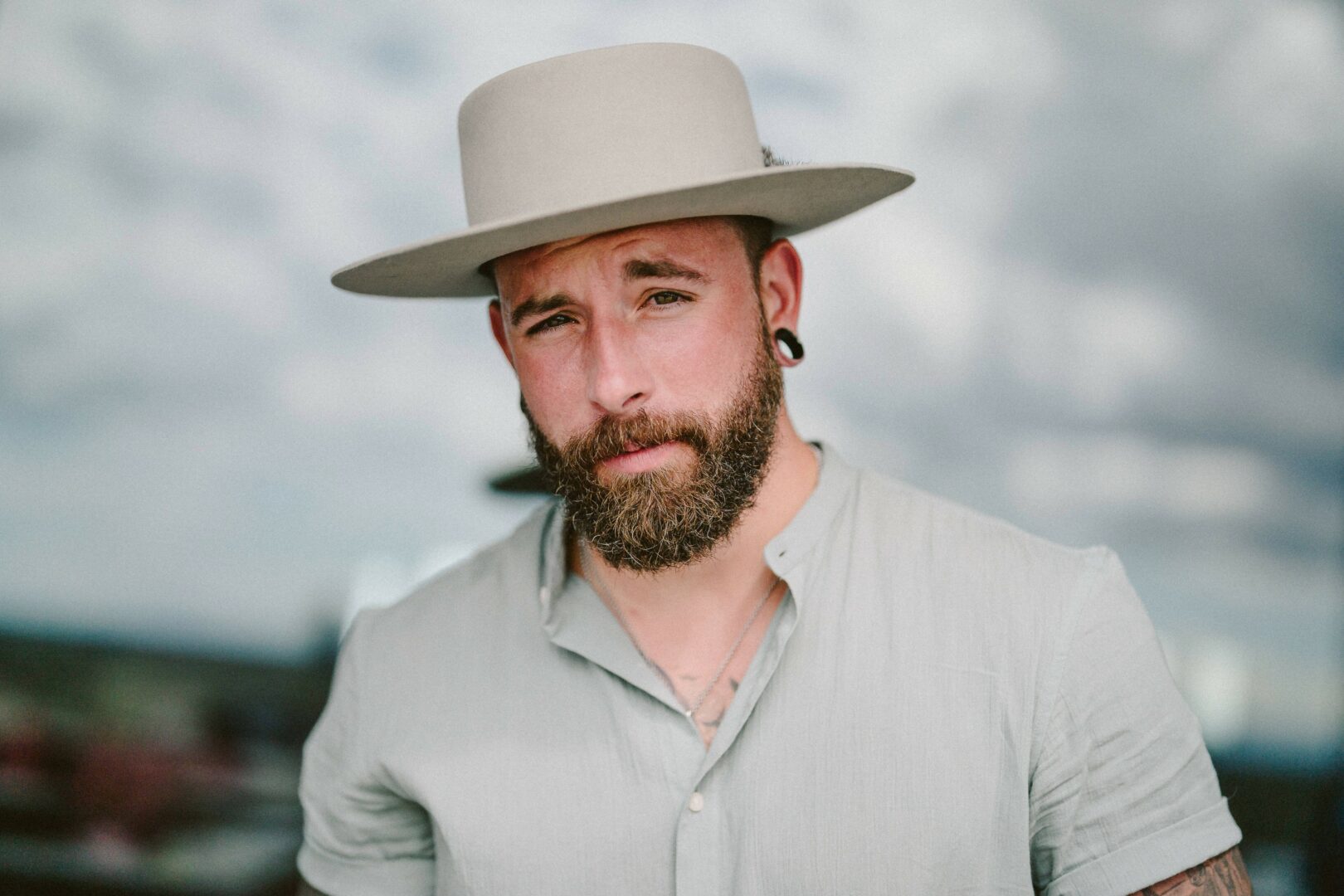We caught up with the brilliant and insightful Umberina Rao a few weeks ago and have shared our conversation below.
Umberina, so great to have you with us and we want to jump right into a really important question. In recent years, it’s become so clear that we’re living through a time where so many folks are lacking self-confidence and self-esteem. So, we’d love to hear about your journey and how you developed your self-confidence and self-esteem.
I built my confidence and self-esteem through a blend of habits and self-discipline. Some will argue that discipline is for the army, not for artists, but the discipline I speak of is one you would want to consider, regardless of your profession. One key lesson was realizing that keeping promises to yourself is just as important as keeping them to others. We often focus on accountability to others but neglect self-accountability. Did you get that workout in like you said you would? Did you finally schedule that appointment you’ve been avoiding? Did you start that book you’ve been raving about to your friends? When we consistently break promises to ourselves, we undermine our self-esteem and ultimately our confidence.
I learned this the hard way. It’s why discipline is often called the key to success—because it’s about holding yourself to the standards you set, not just when it’s convenient, but especially when it’s not. This discipline takes many forms for me. Each morning, I recite affirmations in the mirror, even on days I anticipate being tough. It’s a small reminder that showing up, imperfections and all, is part of being human.
And here’s a habit I never thought I’d share: I do the “Wonder Woman” pose for at least five seconds every morning. Yes, it sounds weird, but social psychologist Amy Cuddy found that standing in a high-power pose—legs shoulder-width apart, chest out, hands on hips—can boost testosterone (linked to assertiveness) and lower cortisol (the stress hormone). This seemingly trivial act can influence how we feel about ourselves, if not instantly, then incrementally over time.
Confidence and self-love have been deeply personal journeys for me with peaks and dips. I’m grateful to say I’ve reached a point where I feel the most grounded and self-assured I’ve ever been. But it’s essential to recognize that confidence isn’t just built in isolation. The people you choose to surround yourself with matter. Cut ties with those who no longer align with your purpose or values. Confidence sometimes means doing what’s uncomfortable but necessary—making choices that honor the person you’re striving to become, rather than clinging to the comfort of familiarity.
In the end, I found that confidence is about showing up for yourself, following through, and creating an environment that supports your growth. That’s how I continue to elevate my self-esteem—one intentional step at a time.
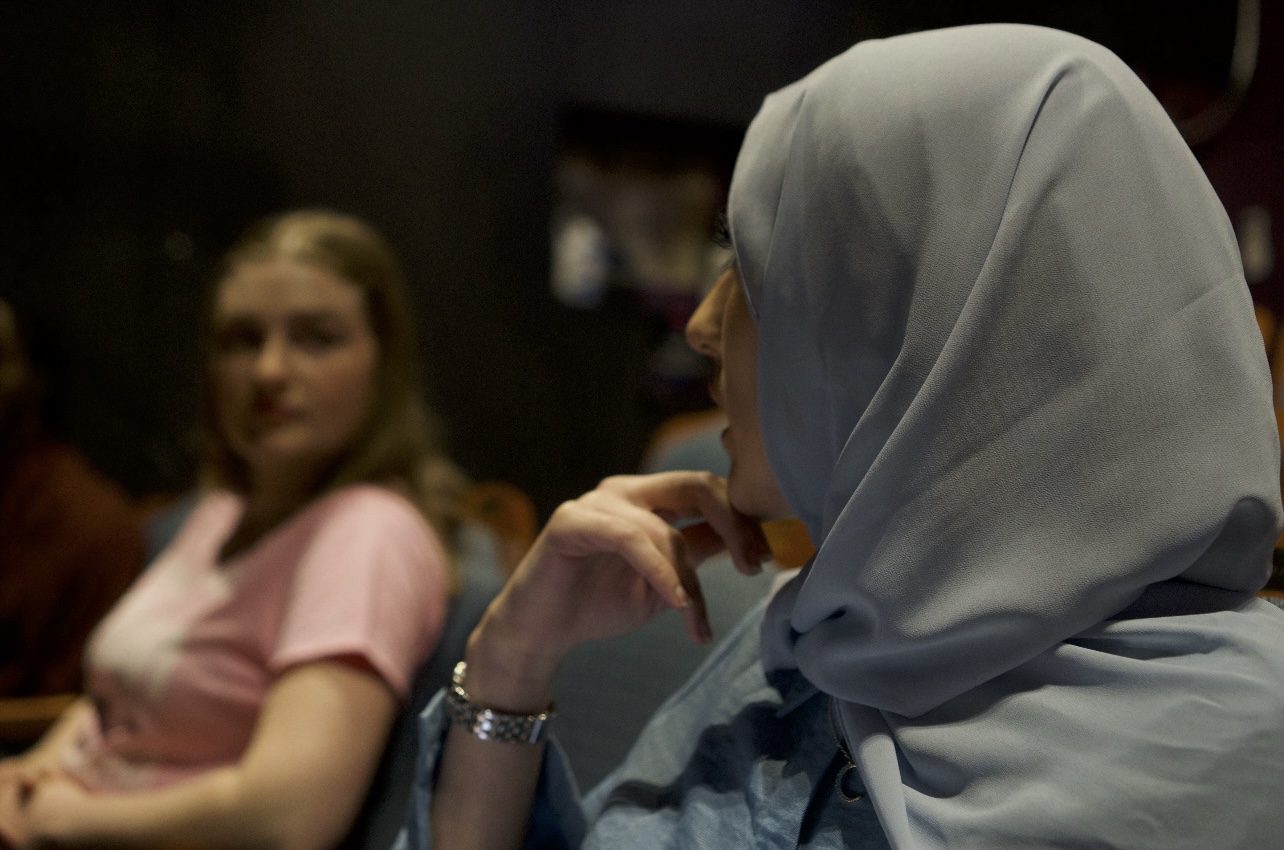
Great, so let’s take a few minutes and cover your story. What should folks know about you and what you do?
I was born in Kuwait to a Mumbaikar father and a Hyderabadi mother, and my passion for storytelling began at age five when I starred in my first play. This experience sparked my love for the stage that has only deepened over the years. I went on to do a Trinity College London course, becoming one of the first students in the Middle East to excel in their drama course. In 2021, I moved to New York City to further pursue my craft at the prestigious American Academy of Dramatic Arts (AADA).
Since then, I’ve had the honor of performing in a variety of roles, including Cinderella in Panto Slope’s Cinderella Pantomime and Irina Arkadina in Chekhov’s The Seagull. My recent Off-Broadway role as Kaycee in Annie Brown’s Remembering Morgan was particularly meaningful, as the play won The Audience Award at the Downtown Urban Arts Festival.
In 2024, I founded Chaand Theatre. My mission was to create a platform that amplifies the voices of underrepresented artists like myself. “Chaand,” which means “moon” in several South Asian languages, symbolizes both struggle and renewal—reflecting my own journey as well as the experiences of many other artists from Muslim, South Asian, Middle Eastern, and North African backgrounds (and more!). Through Chaand Theatre, I’m dedicated to developing, producing, and promoting theatrical pieces that authentically represent our unique perspectives.
Our mission is to build a more equitable and inclusive theatre space—both on stage and behind the scenes—where our artistry can thrive. Our latest production, “Beneath the Banyan Tree: A Collection of South Asian Stories,” marks my NYC directorial debut and celebrates the richness of our heritage through stories often overlooked in mainstream theatre.
I’m thrilled to continue expanding Chaand Theatre, introducing new productions, and collaborating with a broader community of artists and audiences. I look forward to sharing more of our stories and bringing unique narratives to the forefront of the theatrical world.
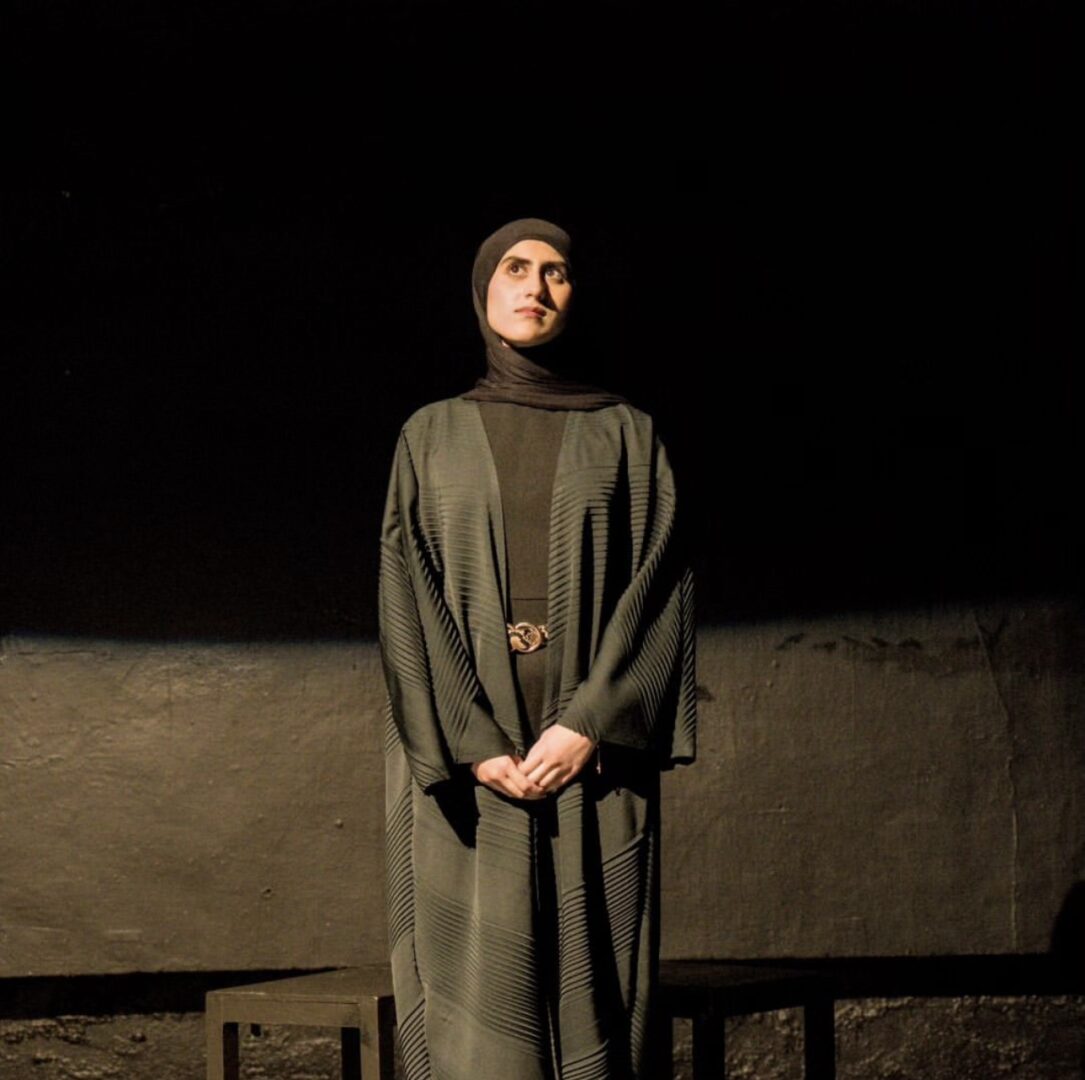
There is so much advice out there about all the different skills and qualities folks need to develop in order to succeed in today’s highly competitive environment and often it can feel overwhelming. So, if we had to break it down to just the three that matter most, which three skills or qualities would you focus on?
I would have to say my top three most important qualities, skills and/or areas of knowledge are as follows:
1. Deploying empathy.
I’d like to think of empathy as a muscle; the more you utilize it, the stronger it becomes. In this modern age, it’s so easy for us to pass harsh judgements unto others without hesitation. Lord knows I’ve been guilty of it myself. But that’s when I’m reminded of one of my favorite key takeaways from acting: “You appreciate your characters for their flaws, rather than in spite of them.” In fact, one of the first things I was taught in acting school was not to say that you were “playing a character” but rather that you were “stepping into the shoes of another person.” And I believe that’s what empathy is. It allows us to see people as complex individuals with their own stories. Strengthening our empathy leads to better relationships and more compassionate choices, creating a kinder world.
2. Being proactive.
The first time I was referred to as proactive was by my high school drama teacher, who was amazed by how I managed to solve the issue of my ill-fitting costume, simply by taking it to the tailor in my own time. The fact that I fondly remember it almost a decade later…means it definitely got to my head. But then again, it occurred to me that because I love what I do, I willingly want to go the extra mile for it. While this may not apply to everyone, I learned being proactive in any situation can lead to unexpected rewards.
So what might that look like?
Simple: Be. Prepared.
Especially if you’re in the performing arts field. Be prepared in the small things, and the big things will follow. This means to be on time. So if your rehearsal starts at 3 PM, you punctually show up at 2:45 PM to warm up in the space. If you happen to be running late courtesy of the L train, you do your stage manager the courtesy of letting them know you’re running late with your ETA. Read the full play prior to your first table read, if you have access to it. Research the pronunciations of words in your scene you’re having a hard time with. The little things build up. They set the foundation for greater success. So, be prepared. Be proactive. All the while maintaining your enthusiasm for the very thing you love. And let that mindset transform your work, whether on stage or off.
– Being grounded.
I try to ground myself every day. As a Muslim, I pray five times a day. In addition to being an act of worship, it serves as a moment to center myself, to connect with something greater and regain focus. Grounding yourself daily is essential because it brings you back to the present moment, helping to clear the noise and distractions of life.
Other forms of grounding that I practice include meditation, weekly journaling, and taking walks—especially out in nature. No headphones. No music. Just being fully immersed in your surroundings.
As I speak on grounding one’s self, I’m reminded of my first-year acting instructor, Christopher Halladay. He assigned us a simple yet profound weekly exercise: to do any mundane activity—whether washing dishes or folding laundry—but to do it with complete attention. We had to jot down everything we noticed: what we saw, heard, smelled, and felt. It was a lesson in being fully present, and it left a lasting impact on me.
Grounding yourself is more than just a routine; it’s a way of living. It keeps you connected, aware, and more in tune with yourself and your environment.
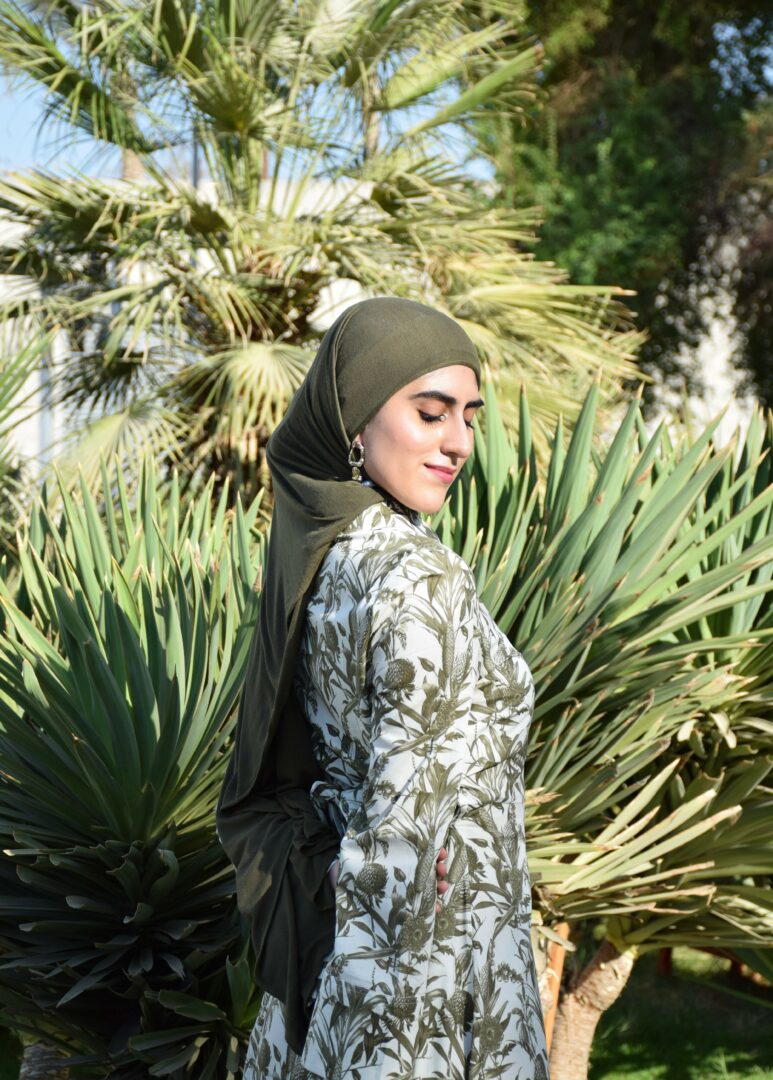
How can folks who want to work with you connect?
At Chaand Theatre, we welcome collaboration with artists from all backgrounds, with a particular focus on those of Muslim, South Asian, Middle Eastern, and North African heritage (and more!). We invite artists to submit original works for our consideration, actors who wish to showcase their talent and passion in our productions, and playwrights eager to see their stories come to life on stage. We also encourage industry professionals to host webinars, workshops, and other community-building events with us.
Our goal is to create a vibrant and inclusive space that celebrates diverse voices, enriches meaningful connections, and amplifies underrepresented stories. Whether you’re an emerging artist or an established industry leader, let’s collaborate to create something extraordinary together.
If you’re interested in working with us, kindly reach out to us at [email protected] or DM us at @chaandtheatre on Instagram.
Contact Info:
- Website: https://www.umberina.com
- Instagram: umberina.rao and chaandtheatre
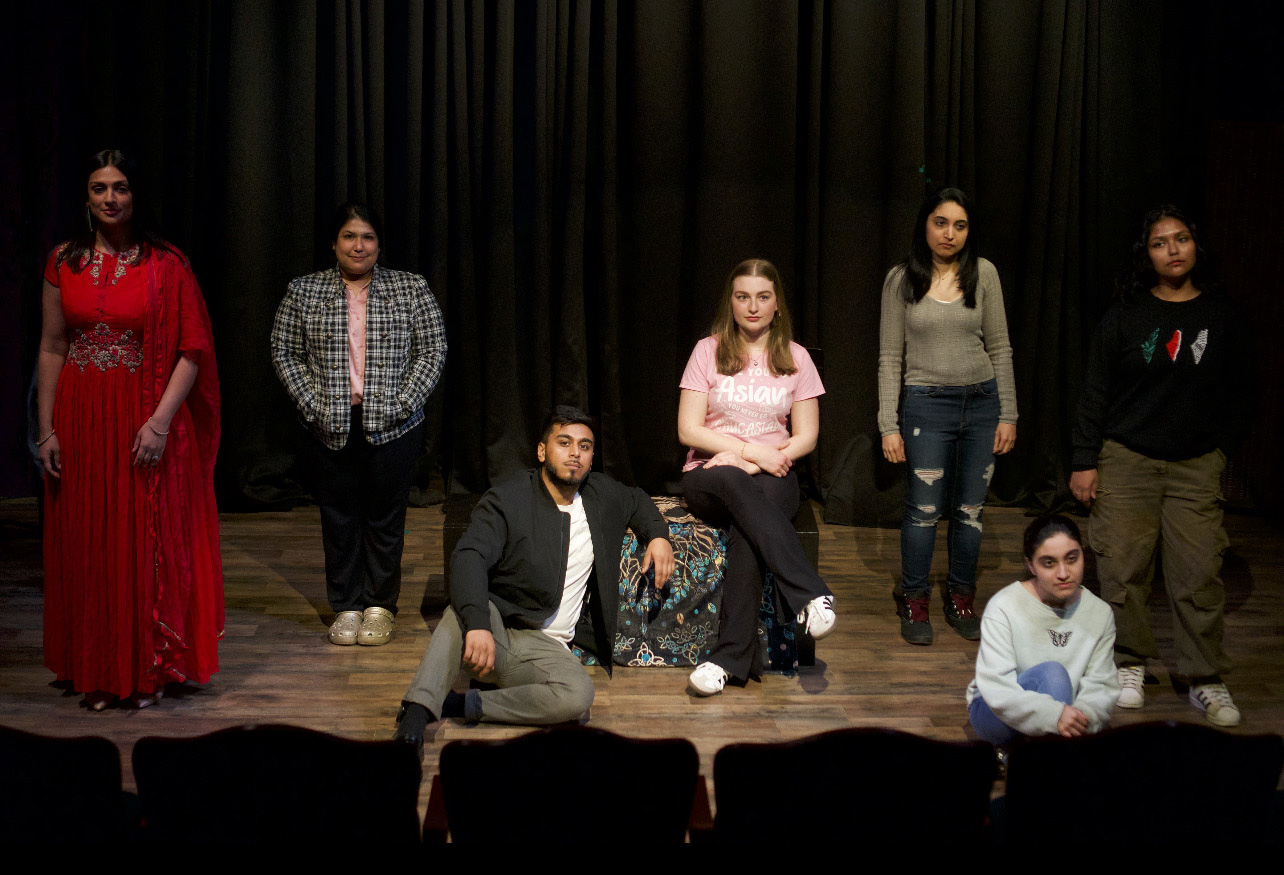
Image Credits
Headhot photographer: Rachel Rival
Beneath the Banyan Tree photographer: Rafael Esteban
Dream Card photo: RiffRaff NYC
Garden photographer: Nadeen Al-Sadek
so if you or someone you know deserves recognition please let us know here.

